Millions in uni funding ‘at risk’ over anti-Israeli protest inaction
Sydney and Melbourne universities receive more than $1bn in federal funding each year. A law professor argues that funding is at risk due to inaction over protecting academic freedom of speech.
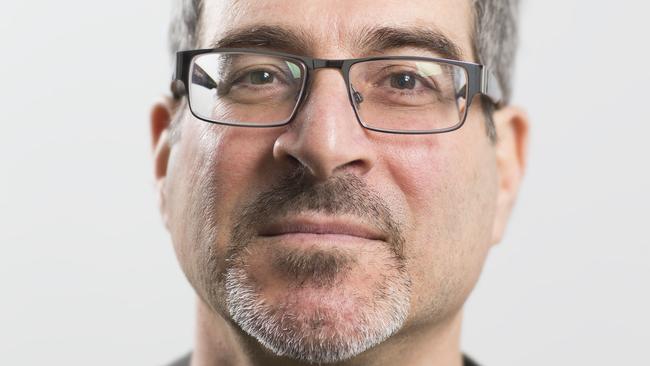
Two of Australia’s biggest universities are putting at risk hundreds of millions of dollars in federal funding by failing to deal with protests that curtail academic freedom of speech, a legal expert says.
University of Wollongong law professor Greg Rose said recent incidents at Melbourne and Sydney universities had likely breached their clear statutory duty under commonwealth law to ensure academic freedoms for staff and students, with federal funding contingent on meeting that legal obligation.
He was responding to the last-minute cancellation of a lecture at Melbourne University on Thursday to be given by visiting Israeli engineering academic Tal Shima, with the university citing safety concerns as the reason.
Pro-Palestinian group UniMelbforPalestine said the university had “succumbed to our pressure” to cancel the event after it had run an online campaign to stop the lecture.
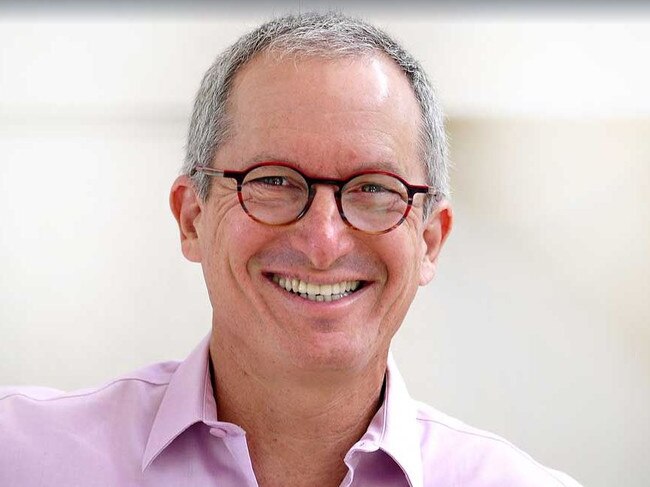
They claimed the Israel Institute of Technology, where Professor Shima was dean of aerospace engineering, had been involved in “researching weapons” used by Israel in its war against Hamas in Gaza.
It is understood Melbourne University had received several threats that the event would be disrupted if it went ahead.
A separate incident on March 19 at Sydney University saw protesters obstruct students from receiving information about overseas exchanges, targeting the stand of Tel Aviv University.
Other institutions at adjacent stands in the Sydney Abroad Fair were also affected, according to witnesses.
Professor Rose said the incidents at both universities were “in clear breach of their statutory obligations to ensure academic freedom of speech for their staff and students in research and education”.
“Under a law enacted in 2021, the Higher Education Support Amendment (Freedom of Speech) Act, federal funding is contingent on ensuring academic freedoms are protected,” he said. “Universities are bound to adopt and implement policies to ensure this academic freedom, and to publish details of how they met this obligation in their annual reports.
“In their 2024 reports, Melbourne and Sydney Universities must disclose their failures to ensure academic freedom by preventing boycotts of Israeli academics on their campuses.”
Professor Rose said the Tertiary Education Quality Standards Agency is tasked with monitoring tertiary education and was now “on notice” about this issue.
In the most recent funding agreements with the federal government, Melbourne University received $536m for 2023 and Sydney University $507m.
Professor Rose, who has experience as a past member of the Wollongong University Council, said the councils at Sydney and Melbourne should be asking questions about why their institutions hadn’t been more proactive in addressing the protests to ensure academic freedom was protected.
“Each of these breaches of academic freedom were preventable. In each case, there was a failure to either design, adopt or implement appropriate policies. In each case, they failed to acknowledge or condemn the breaches of academic freedom. In each case, they failed to follow up with remedial action.”
A Melbourne University spokeswoman said “freedom of speech is respected and supported at the university … and is central to our values and identity. The university welcomes debate and protest on campus, providing it does not extend to violence, threat or intimidation. At all times, the safety of our visitors, staff and students is paramount. The seminar was cancelled because of serious concerns about the safety and wellbeing of the speaker and those attending the seminar.”
A Sydney University spokeswoman said there was an ongoing investigation into the incident at the Sydney Abroad Fair, and while a protest disrupted proceedings, security staff were present at all times to ensure safety. “The university has a rich history of activism and protest on our campuses, and we strongly support the right of our students and staff to express themselves freely as long as it is done safely and in accordance with the law and our Charter of Freedom of Speech and Academic Freedom,” she said.
“Our charter carefully balances the right to free speech with the need for reasonable limits to allow teaching, research and other university activities to continue safely.
“Since the conflict in the Middle East began, we’ve been very clear with our community about our expectations for their conduct,” she said.


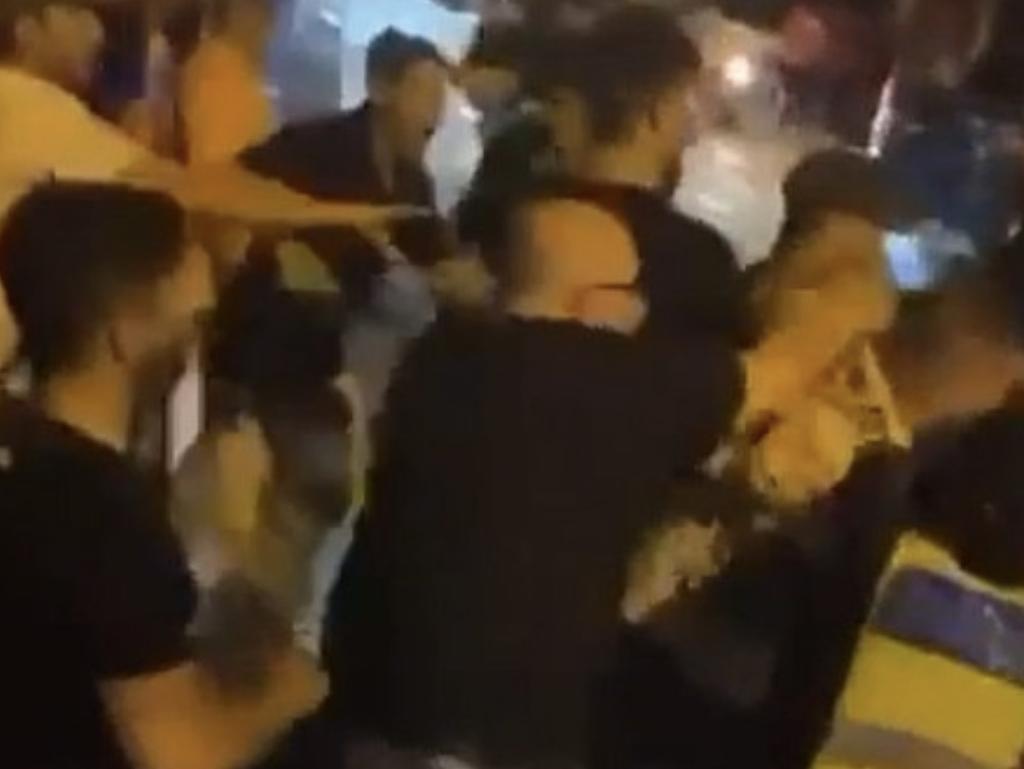
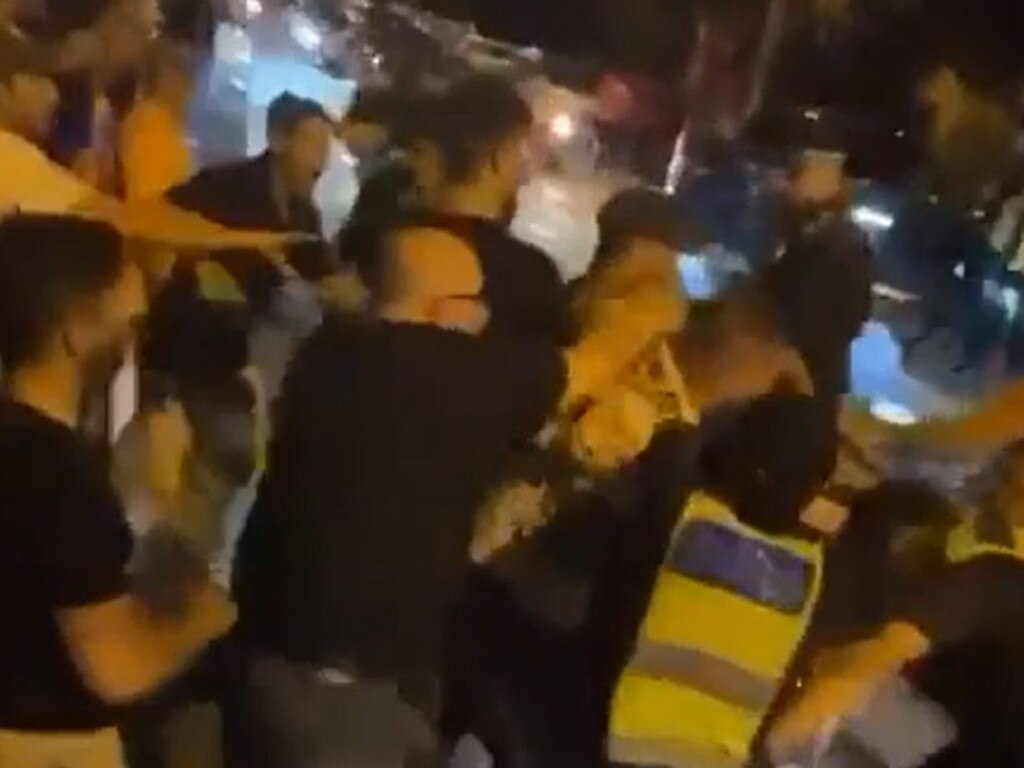
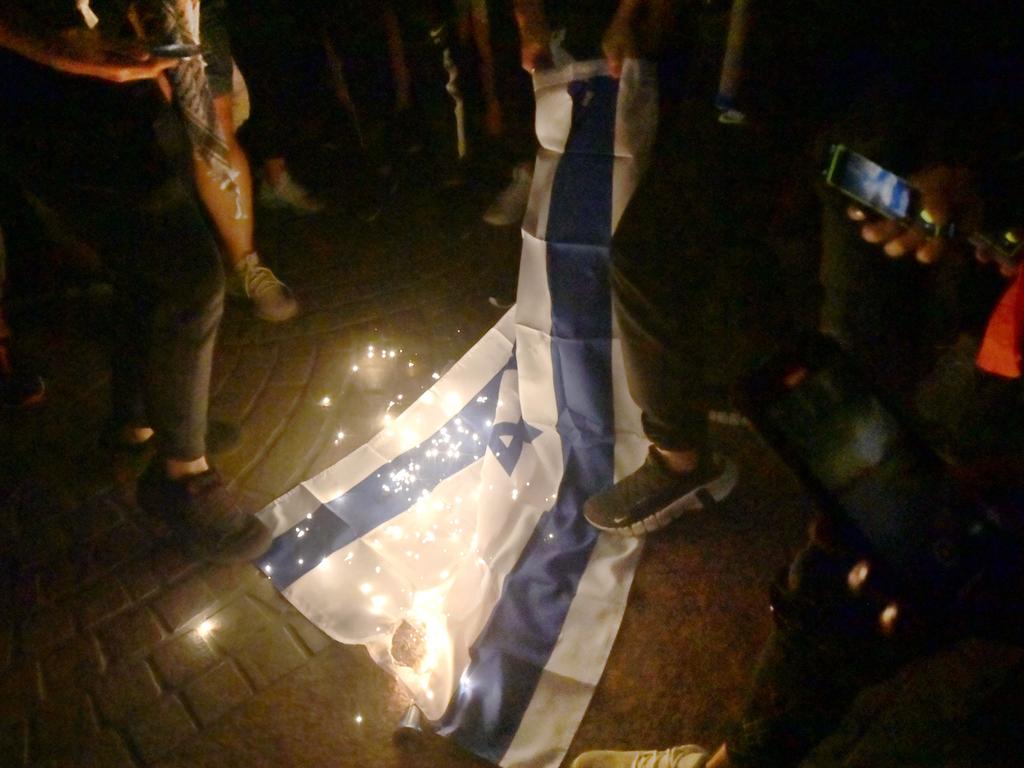


To join the conversation, please log in. Don't have an account? Register
Join the conversation, you are commenting as Logout